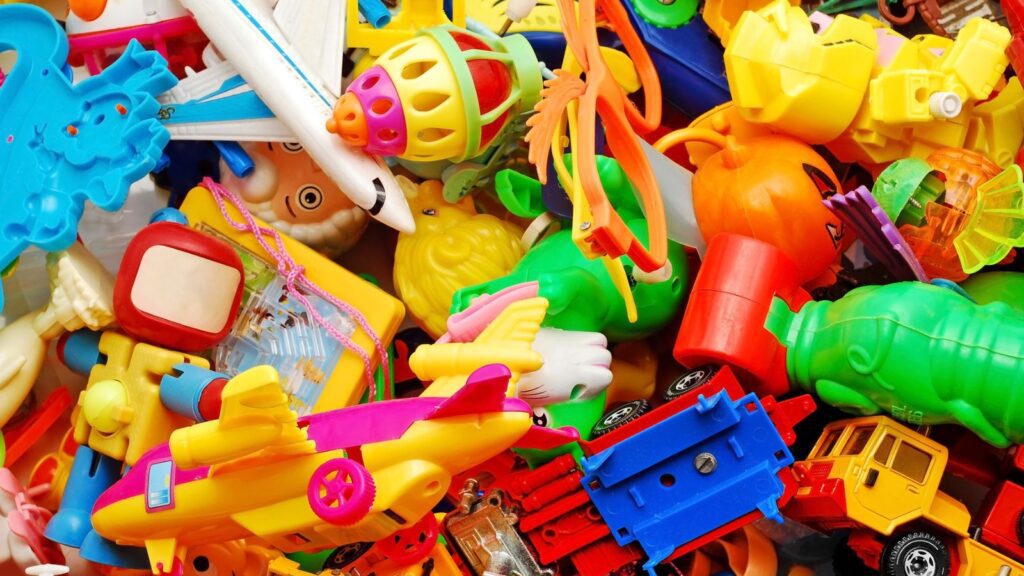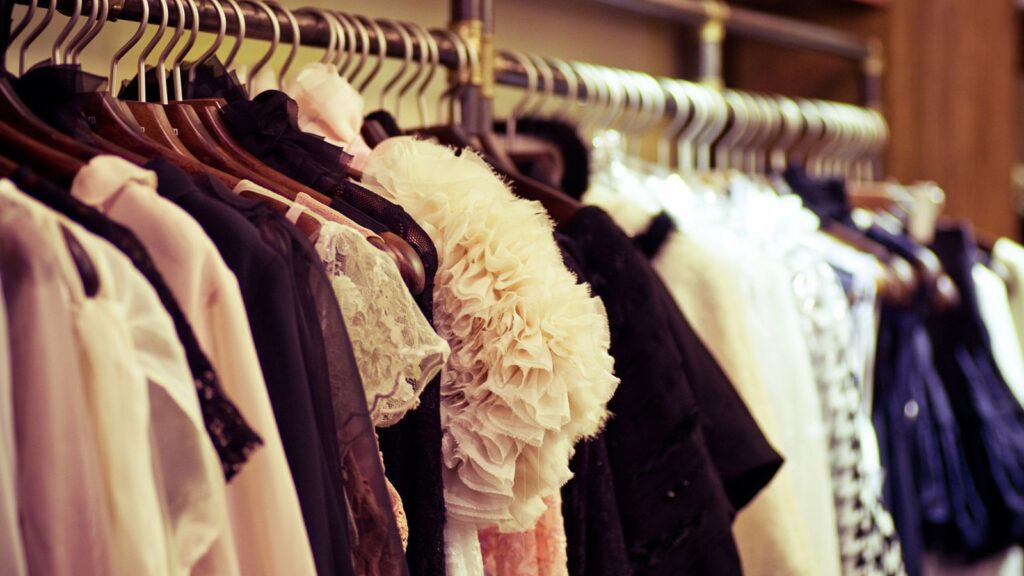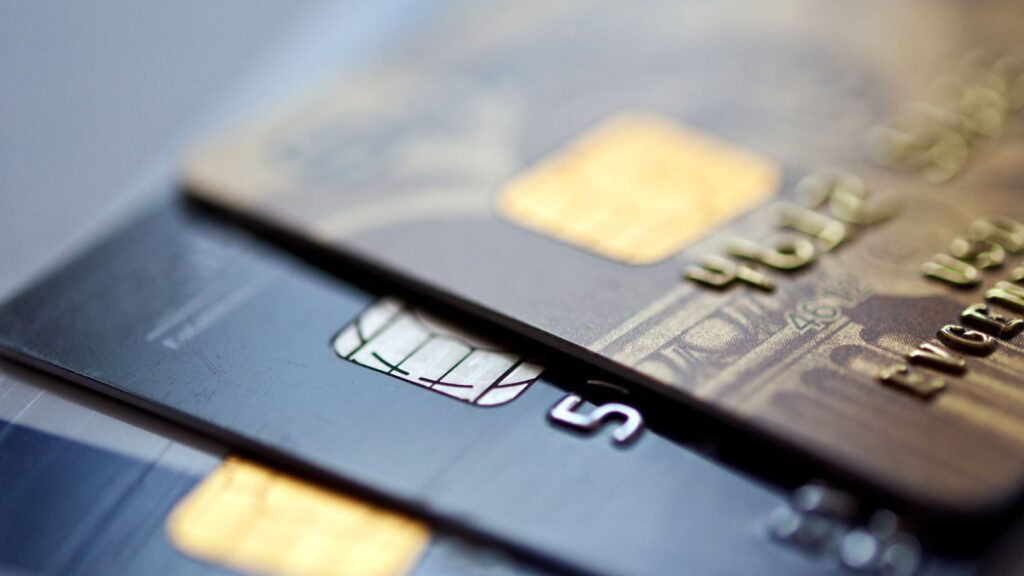The Rich Never Buy These 15 Things for Their Kids That Everyone Else Does
When it comes to raising their children, wealthy parents often have a different approach to spending compared to the average household.
Instead of splurging on the latest toys, gadgets, or trendy items, they focus on investments that foster education, creativity, and independence.
They believe that not buying certain things can teach valuable lessons about money, self-control, and priorities.
If you want to understand how wealthy families think and why they avoid certain purchases, here are 15 things the rich never buy for their kids that everyone else often does.
1. Trendy Toys and Fads

Wealthy parents avoid spending money on trendy toys and fads that come and go quickly. They understand that these items have limited use and often end up collecting dust.
Instead, they invest in toys that encourage creativity, critical thinking, and long-term engagement, such as educational kits, books, and interactive games.
2. Excessive Electronics

While many parents rush to buy the latest gadgets for their children, wealthy families are more cautious. They limit the number of electronic devices their children have and encourage them to use technology for learning rather than entertainment.
This approach helps reduce screen time and promotes healthier habits.
3. Designer Baby Clothes

Rich parents know that designer baby clothes are not worth the hefty price tag, especially since children outgrow them quickly. Instead, they opt for practical, high-quality clothing that lasts longer and offers comfort.
Their focus is more on durability and practicality than on labels.
4. Over-the-Top Birthday Parties

While lavish birthday parties might be associated with wealth, many wealthy parents opt for simpler celebrations. They prefer meaningful gatherings with family and close friends rather than extravagant events.
The emphasis is on creating memorable experiences rather than spending excessively on fleeting moments.
5. Brand-New Cars for Teenagers

Rather than gifting their teenagers brand-new cars, wealthy parents often choose to provide used, reliable vehicles. This approach teaches their kids the value of money and the importance of responsible driving.
It also encourages them to take care of their belongings and understand that luxury is earned.
6. Fast Fashion

The rich are mindful of their environmental footprint and the message fast fashion sends to their kids. They avoid buying cheap, trendy clothing that’s mass-produced and instead invest in timeless, high-quality pieces that last.
This teaches children to value quality over quantity and promotes sustainability.
7. Unlimited Pocket Money

Unlike many who might spoil their kids with unlimited pocket money, wealthy parents often set strict allowances. They encourage their children to earn additional money through chores or small entrepreneurial endeavors.
This helps instill a strong work ethic and a better understanding of the value of money.
8. Cheap Plastic Toys

Wealthy parents prefer to invest in toys made from sustainable, non-toxic materials that are built to last. They steer clear of cheap plastic toys that break easily and add to landfill waste.
Wooden toys, educational kits, and crafts that encourage learning and creativity are often preferred.
9. Pre-Packaged Convenience Foods

Many affluent families focus on health and nutrition and avoid pre-packaged convenience foods high in sugar, salt, and preservatives.
They prioritize fresh, organic produce and home-cooked meals, teaching their kids the importance of healthy eating habits from a young age.
10. Extravagant Gadgets for Young Kids

You won’t find the latest smartphones or tablets in the hands of young children in wealthy families. They delay introducing such gadgets to their kids, opting instead for toys and activities that foster creativity, problem-solving, and physical activity.
When devices are introduced, they come with strict usage guidelines.
11. Overstuffed Closets

Rather than filling their children’s closets with dozens of outfits, wealthy parents prefer a minimalist approach. They buy fewer, high-quality clothes that can be mixed and matched, teaching their kids to appreciate what they have and avoid excess.
12. Multiple Credit Cards

While it might be tempting to hand a teenager a credit card for emergencies, wealthy parents often avoid this. Instead, they focus on teaching their children about budgeting, savings, and the importance of financial responsibility.
Prepaid cards with set limits are often used as learning tools.
13. Junk Jewelry and Accessories

Rather than buying cheap, mass-produced jewelry and accessories that tarnish and break, wealthy families choose to invest in meaningful, high-quality pieces. These items are often given as gifts for special occasions, teaching kids to cherish and care for their belongings.
14. Impulse Buys

The rich are deliberate about their purchases and avoid making impulse buys for their kids. They teach them the value of thoughtful decision-making and saving up for items they truly want or need. This approach helps children develop patience and financial discipline.
15. Paid Luxury Experiences as Entitlement

While wealthy families can afford luxury experiences, they often avoid offering them as a standard or entitlement.
Instead, they may use these experiences as rewards for hard work or achievements, teaching children to value effort and accomplishment rather than expecting luxury as a given.



